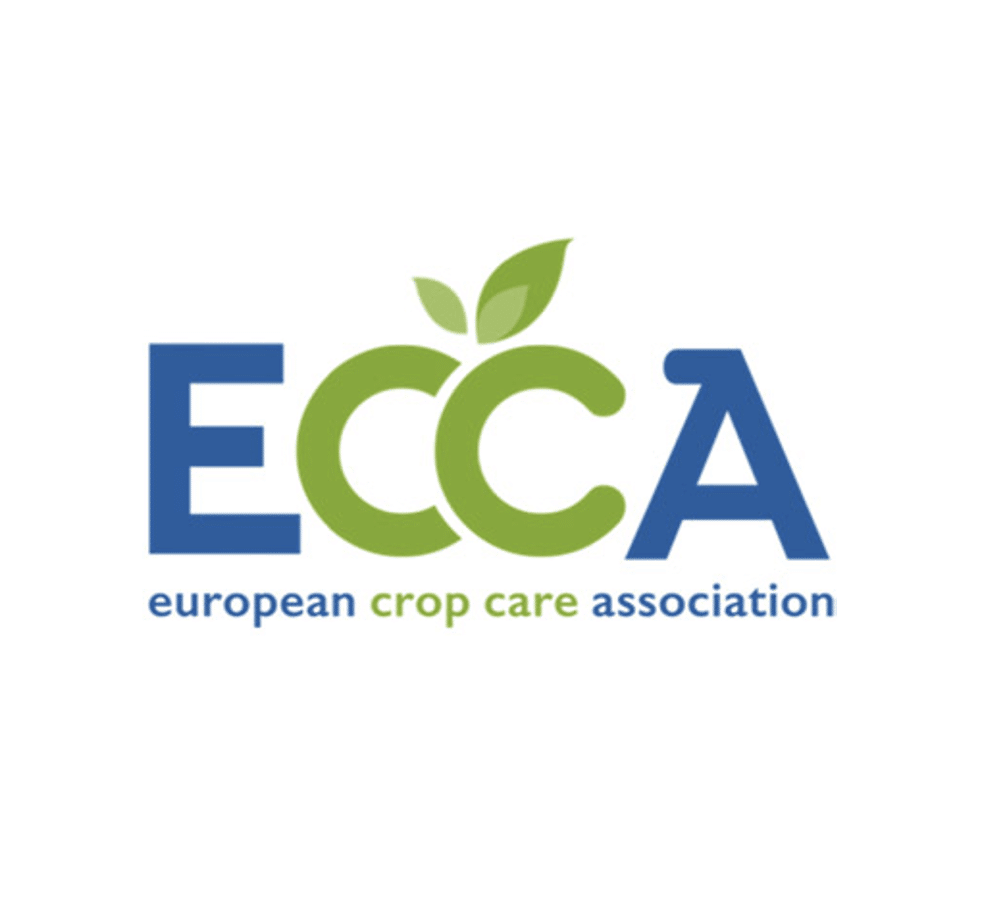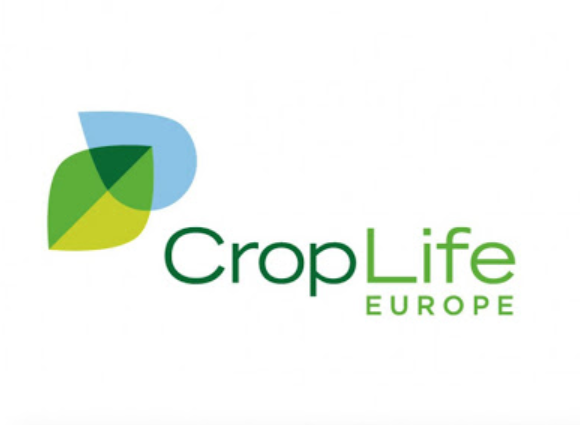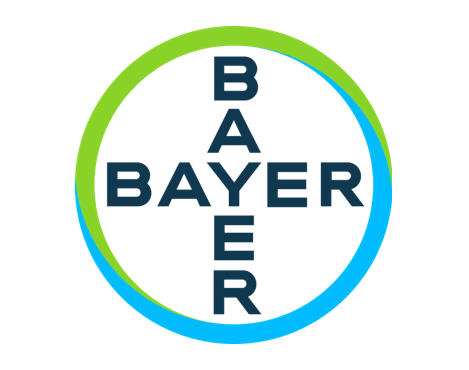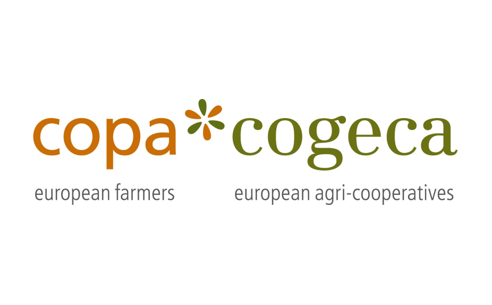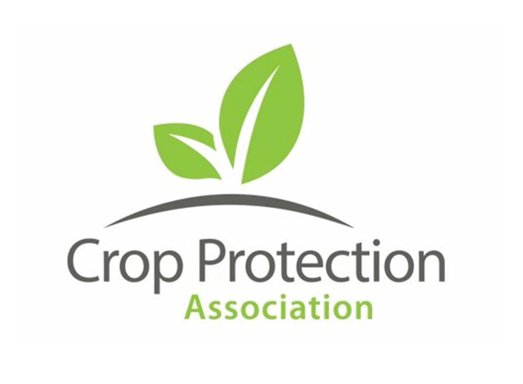Background
The European Crop Care Association (ECCA), founded in 1993, is an association of small- and medium-sized European manufacturers of “plant protection products” including pesticides, herbicides, fungicides, and growth regulators. On its website, ECCA calls itself “the pan-European voice of the post-patent plant protection industry.”1“Challenges and Structure,” European Crop Care Association. Archived April 10, 2021. Archive URL: https://archive.fo/waWHT 2“Introduction,” European Crop Care Association. Archived September 10, 2021. Archive URL: https://archive.ph/wc9gl
ECCA is a founding member of AgroCare, a global trade association representing the agrochemical industry and post-patent crop protection industry. The association was founded in Belgium and represents approximately 865 companies.3“ECCA in the World,” European Crop Care Association, Archived September 10, 2021. Archive URL: https://archive.ph/Q7Uqp 4“AgroCare,” AgroCare, Archived September, 10 2021. Archive URL: https://archive.ph/J4ttI
Members of ECCA include agribusiness giants Syngenta, Bayer and the Belgian branch of UPL.5“Members,” European Crop Care Association. Archived April 10, 2021. Archive URL: https://archive.ph/Ombhf
Three of ECCA’s members — Industrias Afrasa S.A., Barclay Chemicals Manufacturing Ltd. and CIECH Sarzyna S.A. — also belong to the Glyphosate Renewal Group, a group of companies lobbying for renewal of EU authorization for the herbicide glyphosate, which is due to expire in December 2022.6“Members,” European Crop Care Association. Archived April 10, 2021. Archive URL: https://archive.ph/Ombhf 7“Imprint,” Glyphosate Renewal Group. Archived October 30, 2021. Archive URL: https://archive.ph/ryTUv
ECCA holds an observer position within the Advisory Group on the Food Chain and Animal and Plant Health, which is part of the European Commission’s Directorate-General for Health and Food Safety. In this capacity, ECCA and the advisory group provide the European Commission with the views of their members.8“Advisory Group on the Food Chain and Animal and Plant Health,” European Commission. Archived November 17, 2021. Archive URL: https://archive.ph/pSkci
ECCA is also an observer of the European Commission’s expert group on implementation of the Rotterdam Convention on international trade in certain dangerous chemicals. This group discusses measures and administrative procedures on the export and import of hazardous chemicals, including pesticides.9“Commission’s expert group on implementation of the Rotterdam Convention on international trade in certain dangerous chemicals,” European Commission. Archived November 17, 2021. Archive URL: https://archive.ph/qTdJT
ECCA is also a member of the European Food Safety Authority’s (EFSA) Stakeholder Platform, which aims to provide strategic input to EFSA’s work plans. The EFSA defines stakeholders as “third parties that have an interest in the Authority’s work or in the wider food and feed sector.” According to the EFSA, stakeholders may engage with EFSA in these three “domains,” including risk assessment processes.10“Stakeholders,” European Food Safety Authority. Archived November 2, 2021. Archive URL: https://archive.ph/KV6At
Other industry members of the Stakeholder Platform include the European Chemical Industry Council (Cefic) and CropLife Europe (formerly the European Crop Protection Association).11“List of Registered Stakeholders, July 2021,” European Food Safety Authority, July 2021. Archived November 2, 2021. Archived version on file at DeSmog.
In June 2020, it was reported that ECCA helped the European Union Agency for Law Enforcement Cooperation (Europol) to seize 1346 metric tons of illegal pesticides, worth €94 million, before they entered Europe.12“Largest-Ever Seizure of Illegal or Counterfeit Pesticides in Europol Silver Axe Operation,” Europol, July 11, 2018. Archived August 16, 2018. Archive URL: https://archive.ph/hDaAZ 13“A Record Number of 1 346 Tonnes of Illegal Pesticides Taken Off the Market in 2020 Global Operation Silver Axe,” Europol, June 3, 2020. Archived October 18, 2021. Archive URL: https://archive.ph/0oNwD
Stance on Climate Change
ECCA does not mention climate change on its website, and does not appear to have made public statements on climate change.
Lobbying
According to the EU Transparency Register, ECCA spent less than €9,999 on lobbying in 2020. ECCA claims that it only a “small part” of its total budget is spent on lobbying, and that its primary tasks are “the collection, consolidation and distribution of information on developments in the regulatory domain, with a focus on the specific interests of small and medium-sized enterprises in the post-patent (generic) domain.”14“European Crop Care Association,” European Commission, July 18, 2016. Archived September 10, 2021. Archive URL: https://archive.ph/8mpN1
ECCA also claims that it spends a “significant portion of its resources” identifying “common problems” faced by agribusinesses in the regulatory system, and then brings these experiences “to the attention of the European and national authorities at the appropriate level” via workshops and stakeholder meetings.15“European Crop Care Association,” European Commission, July 18, 2016. Archived September 10, 2021. Archive URL: https://archive.ph/8mpN1
According to its entry on the EU Transparency Register, ECCA’s aims include “research into common solutions of any legal, financial, scientific and technical issues caused by community or national legislation or regulation, with the intention to improve or develop the members’ economic activities.”16“European Crop Care Association,” European Commission, July 18, 2016. Archived September 10, 2021. Archive URL: https://archive.ph/8mpN1
ECCA Technical Director Hans Mattar currently holds a position within Pappas & Associates sprl sc, a Brussels law firm that advises corporations on how to deal with changes in their regulatory environments. According to the EU Transparency Register, the organization received between €25,000 – €49,999 from ECCA in 2020.17“European Crop Care Association,” European Commission, July 18, 2016. Archived September 10, 2021. Archive URL: https://archive.ph/8mpN1 18“Pappas & Associates,” European Commission. Archived September 10, 2021. Archive URL: https://archive.ph/wip/559qc
Since 2014, ECCA has co-organized plant protection industry conferences with the European agrichemical trade association CropLife Europe, inviting companies and stakeholders from across the industry to attend. These conferences include the Crop Protection European Regulatory Conference in 2016, as well as the Plant Protection Product Conference in 2017, reportedly attended by over 400 delegates. The most recent European Crop Protection Association (ECPA) Regulatory Conference was held in 2019 in Gent, Belgium.19“Crop Protection European Regulatory Conference: 9-10th March 2016,” Idloom Events. Archived November 19, 2021. Archive URL: https://archive.ph/SZlfG 20“Crop Protection Regulatory Conference: 15-16th March 2017,” European Crop Care Association, European Crop Protection Association. Archived November 19, 2021. Archive URL: https://archive.ph/V3Nlz 21Robin Blake. “EPCA and ECCA Crop Protection Conference 2017,” Outlooks on Pest Management, June 2017. Archived November 19, 2021. Archive URL: https://archive.ph/DHkxY 22“ECPA-ECCA Regulatory Conference 2019,” CropLife Europe, May 22, 2019. Archived January 20, 2021. Archive URL: https://archive.ph/Yoju7
The conferences provide a forum for stakeholders to discuss the implementation challenges of Regulation 1107/2009, the European Union’s comprehensive legal framework regulating the assessment and approval processes of active substances and the plant protection products (including pesticides) containing them. 23“Regulation (EC) No 1107/2009 of the European Parliament and of the Council of 21 October 2009 concerning the placing of plant protection products on the market and repealing Council Directives 79/117/EEC and 91/414/EEC”, European Union, October 21, 2009. Archived November 18, 2021. Archive URL: https://archive.ph/2EBAK
In February 2020, the European Commission initiative Pesticides – updated list of unauthorised co-formulants, proposed a list of chemicals that should be banned from inclusion in plant protection products. In response, ECCA wrote that “developing a new formulation, testing this formulation under rigorous requirements, preparing a dossier and waiting for assessment” would not be possible in the time frame proposed by the European Commission. 24“Initiative details,” Europa.eu. Archived November 18, 2021. Archive URL: https://archive.ph/b2VSX 25“Feedback from: ECCA, European Crop Care Association,” Europa.eu. Archived November 18, 2021. Archive URL: https://archive.ph/MZh9d
In October 2020, the European Commission had an open call for stakeholders to share their opinions on new transparency rules for the renewal of approvals of active substances within pesticides.26“Food safety – pesticide approvals (clearer information),” European Commission. Archived November 18, 2021. Archive URL: https://archive.ph/ipChE
The proposed Transparency Regulation aimed to ensure the independence of scientific studies and place new rules on public consultations, scientific studies, confidentiality and public disclosure of applications and supporting scientific studies. ECCA responded to the new rules by stating that “clear rules should be expressed on the justification for necessary studies.”27“Feedback from: ECCA (European Crop Care Association),” European Commission, October 1, 2020. Archived November 18, 2021. Archive URL: https://archive.ph/sEdEL
Many of the studies on pesticides received by the European Food Safety Authority (EFSA) are funded and generated by companies applying for the authorization of such substances. In 2017, an analysis by lobbying transparency NGO Corporate Europe Observatory (CEO) reported that 46 percent of EFSA panel members have at least one financial conflict of interest with a regulated company.28“Transparency of Food Risk Assessment,” Safe Food Advocacy Europe. Archived February 25, 2021. Archive URL: https://archive.ph/0XkG7 29“Nearly half the experts from the European Food Safety Authority have financial conflicts of interest,” Corporate Europe Observatory, June 14, 2017. Archived October 28, 2021. Archive URL: https://archive.ph/xCFPN
In previous meetings within the Advisory Group on the Food Chain and Animal and Plant Health, ECCA “expressed surprise” at the introduction of fact-finding missions to inspect the compliance of the laboratories doing pesticide studies. 30“Plenary meeting of the advisory group on the food chain and animal and plant health,” European Commission, May 7, 2019. Archived November 18, 2021. Archive URL: https://archive.ph/YngRy
Affiliations
Since 2014, ECCA has co-organized plant protection industry conferences with the European agrichemical trade association CropLife Europe and invited companies and stakeholders from across the industry to attend. CropLife Europe is a trade association representing the crop protection industry in Europe. Its corporate members include major pesticides producers such as Adama, BASF, Bayer Crop Science, Corteva Agriscience, FMC, Syngenta and UPL.31“Our members,” CropLife Europe. Archived November 12, 2021. Archive URL: https://archive.ph/SvZU3
Resources
- 1“Challenges and Structure,” European Crop Care Association. Archived April 10, 2021. Archive URL: https://archive.fo/waWHT
- 2“Introduction,” European Crop Care Association. Archived September 10, 2021. Archive URL: https://archive.ph/wc9gl
- 3“ECCA in the World,” European Crop Care Association, Archived September 10, 2021. Archive URL: https://archive.ph/Q7Uqp
- 4
- 5“Members,” European Crop Care Association. Archived April 10, 2021. Archive URL: https://archive.ph/Ombhf
- 6“Members,” European Crop Care Association. Archived April 10, 2021. Archive URL: https://archive.ph/Ombhf
- 7“Imprint,” Glyphosate Renewal Group. Archived October 30, 2021. Archive URL: https://archive.ph/ryTUv
- 8“Advisory Group on the Food Chain and Animal and Plant Health,” European Commission. Archived November 17, 2021. Archive URL: https://archive.ph/pSkci
- 9
- 10“Stakeholders,” European Food Safety Authority. Archived November 2, 2021. Archive URL: https://archive.ph/KV6At
- 11“List of Registered Stakeholders, July 2021,” European Food Safety Authority, July 2021. Archived November 2, 2021. Archived version on file at DeSmog.
- 12“Largest-Ever Seizure of Illegal or Counterfeit Pesticides in Europol Silver Axe Operation,” Europol, July 11, 2018. Archived August 16, 2018. Archive URL: https://archive.ph/hDaAZ
- 13“A Record Number of 1 346 Tonnes of Illegal Pesticides Taken Off the Market in 2020 Global Operation Silver Axe,” Europol, June 3, 2020. Archived October 18, 2021. Archive URL: https://archive.ph/0oNwD
- 14“European Crop Care Association,” European Commission, July 18, 2016. Archived September 10, 2021. Archive URL: https://archive.ph/8mpN1
- 15“European Crop Care Association,” European Commission, July 18, 2016. Archived September 10, 2021. Archive URL: https://archive.ph/8mpN1
- 16“European Crop Care Association,” European Commission, July 18, 2016. Archived September 10, 2021. Archive URL: https://archive.ph/8mpN1
- 17“European Crop Care Association,” European Commission, July 18, 2016. Archived September 10, 2021. Archive URL: https://archive.ph/8mpN1
- 18“Pappas & Associates,” European Commission. Archived September 10, 2021. Archive URL: https://archive.ph/wip/559qc
- 19“Crop Protection European Regulatory Conference: 9-10th March 2016,” Idloom Events. Archived November 19, 2021. Archive URL: https://archive.ph/SZlfG
- 20“Crop Protection Regulatory Conference: 15-16th March 2017,” European Crop Care Association, European Crop Protection Association. Archived November 19, 2021. Archive URL: https://archive.ph/V3Nlz
- 21Robin Blake. “EPCA and ECCA Crop Protection Conference 2017,” Outlooks on Pest Management, June 2017. Archived November 19, 2021. Archive URL: https://archive.ph/DHkxY
- 22“ECPA-ECCA Regulatory Conference 2019,” CropLife Europe, May 22, 2019. Archived January 20, 2021. Archive URL: https://archive.ph/Yoju7
- 23“Regulation (EC) No 1107/2009 of the European Parliament and of the Council of 21 October 2009 concerning the placing of plant protection products on the market and repealing Council Directives 79/117/EEC and 91/414/EEC”, European Union, October 21, 2009. Archived November 18, 2021. Archive URL: https://archive.ph/2EBAK
- 24
- 25“Feedback from: ECCA, European Crop Care Association,” Europa.eu. Archived November 18, 2021. Archive URL: https://archive.ph/MZh9d
- 26“Food safety – pesticide approvals (clearer information),” European Commission. Archived November 18, 2021. Archive URL: https://archive.ph/ipChE
- 27“Feedback from: ECCA (European Crop Care Association),” European Commission, October 1, 2020. Archived November 18, 2021. Archive URL: https://archive.ph/sEdEL
- 28“Transparency of Food Risk Assessment,” Safe Food Advocacy Europe. Archived February 25, 2021. Archive URL: https://archive.ph/0XkG7
- 29“Nearly half the experts from the European Food Safety Authority have financial conflicts of interest,” Corporate Europe Observatory, June 14, 2017. Archived October 28, 2021. Archive URL: https://archive.ph/xCFPN
- 30“Plenary meeting of the advisory group on the food chain and animal and plant health,” European Commission, May 7, 2019. Archived November 18, 2021. Archive URL: https://archive.ph/YngRy
- 31

